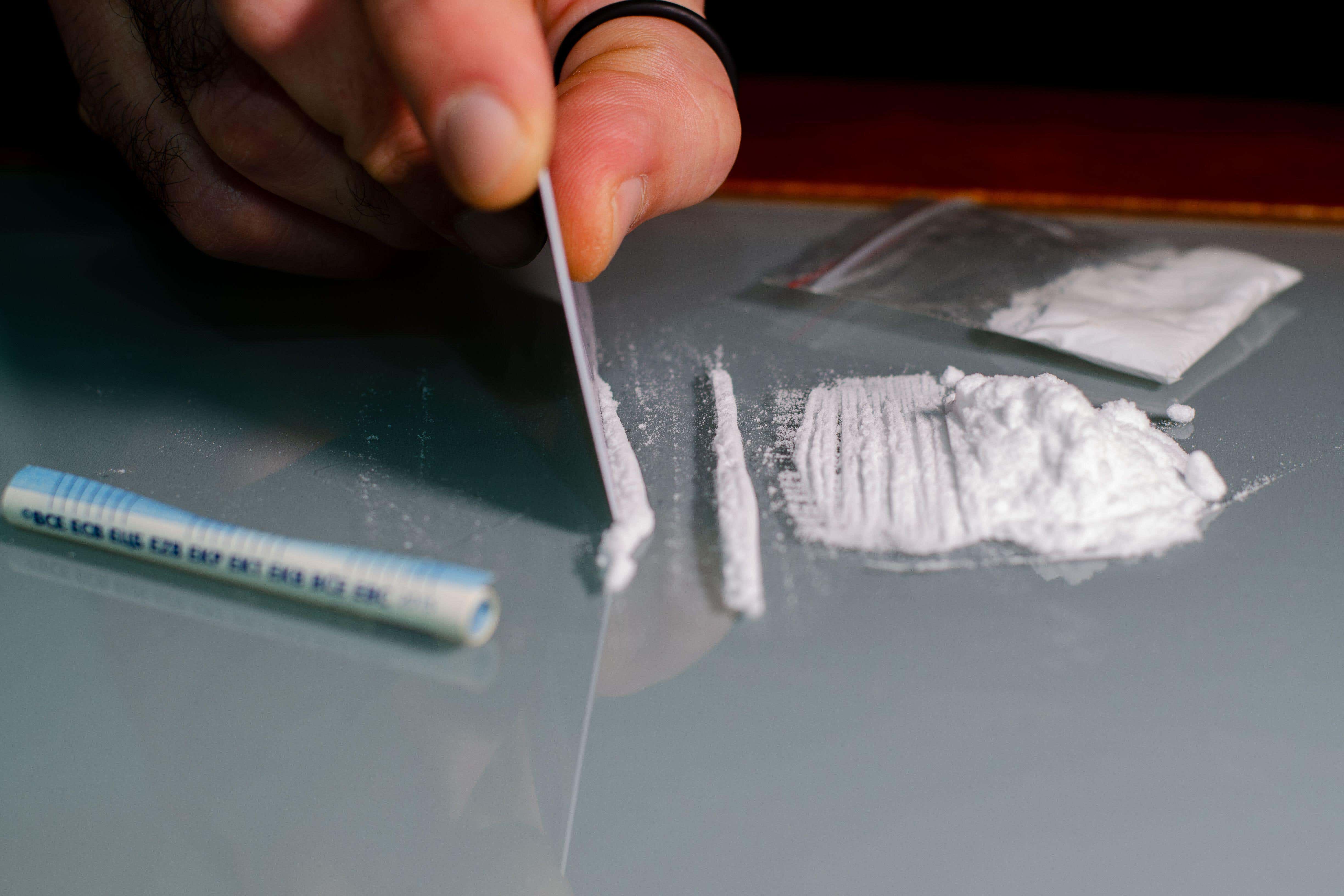Cocaine deaths rise by 30% as drug fatalities soar to record levels
Figures have revealed 5,448 people died from drug poisoning in 2023, including 1,118 fatalities linked to cocaine, as fears continue to grow over ‘catastrophic’ super-strength opioid crisis

Drug related deaths have soared to a record high with deaths involving cocaine up by almost a third, worrying new figures have revealed.
Some 5,448 deaths were linked to drug poisoning in England and Wales in 2023, the highest figure since records began in 1993 and an 11 per cent rise on the previous year.
The Office for National Statistics (ONS) statistics also revealed 1,118 fatalities were linked to Britain’s second-most used drug cocaine, up 30.5 per cent on the previous year. This represents a near ten-fold increase compared 2011, when just 112 deaths involved cocaine.
The figures come as experts warn the threat from super-strength synthetic opioids flooding the market is a “catastrophic public health crisis”.
Crime chiefs issued a stark warning this summer over the threats posed by new synthetic drugs called nitazenes, which can be up to 500 times stronger than morphine.
The National Crime Agency said there has never been a more time to use drugs after the substance – which can be so lethal a grain of sand can be fatal - has been found in heroin supplies, counterfeit diazepam and other recreational drugs.
By August, the agency had already linked at least 284 deaths to nitazenes since they started monitoring the drugs last June.

The latest ONS figures, which are delayed due to the lag in death registrations, are the first year which could include a significant number of deaths caused by nitazenes.
However the true picture is not known because of coronial delays and incomplete testing.
The national addiction recovery charity The Forward Trust said the figures are another wake up call over the threat posed by nitazenes.
The charity has issued several national alerts in response to the increase in synthetic opioids and nitazenes entering supplies.
Mike Trace, CEO of the Forward Trust and former Deputy Drug Tsar, warned: “We cannot be behind the curve on our response to this new threat.”
He said that due to the limitations in how deaths are recorded, these statistics “do not reveal the full picture”.
“There have been deaths confirmed as involving nitazenes in every region of England,” he added. “This is a tragedy for every single person who has lost their life and for their loved ones.
“The publication of these statistics come at a time when we are seeing more dangerous drugs entering supply chains and increased levels of addiction post pandemic, this catastrophic public health crisis is not making the headlines it should be.”

Earlier this year grieving mother Claire Rocha warned nitazenes were a “ticking time bomb” after her son Dylan was among the first deaths ever linked to the substance.
The 21-year-old musician had no idea the drugs he had received in the post in July 2021 were laced with deadly nitazenes.
Mr Trace added: “Addiction is a serious mental illness that has a devastating impact on people’s lives. This must be recognised at all levels of government and society, and serious action taken to reduce the level of avoidable deaths.
“Most deaths are what we call deaths of despair – people who are lonely or living with the impact of trauma and they’re using drugs in situations where they don’t have support or other people to protect them.
“Perceptions of addiction need to change. We need to build compassion and understanding around addiction and support people to ask for help without judgement, discrimination or stigma.”
Bookmark popover
Removed from bookmarks